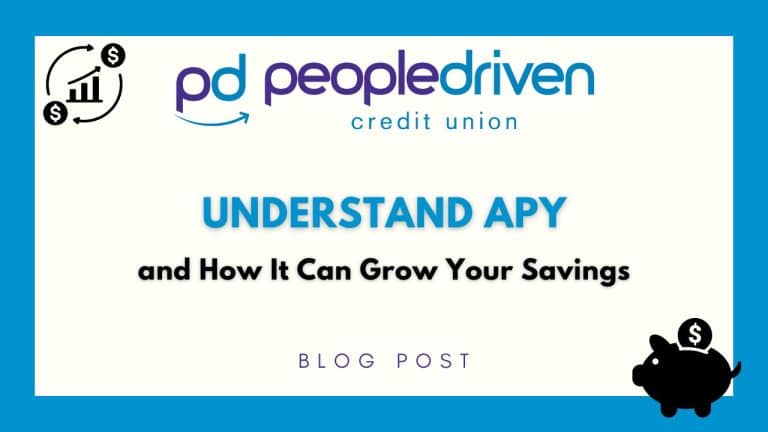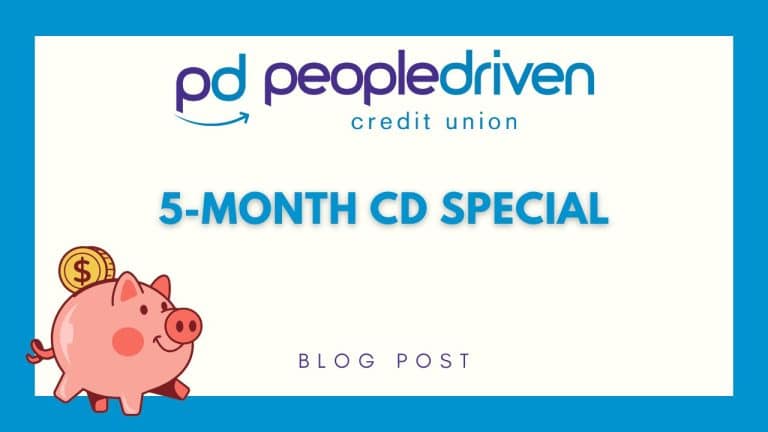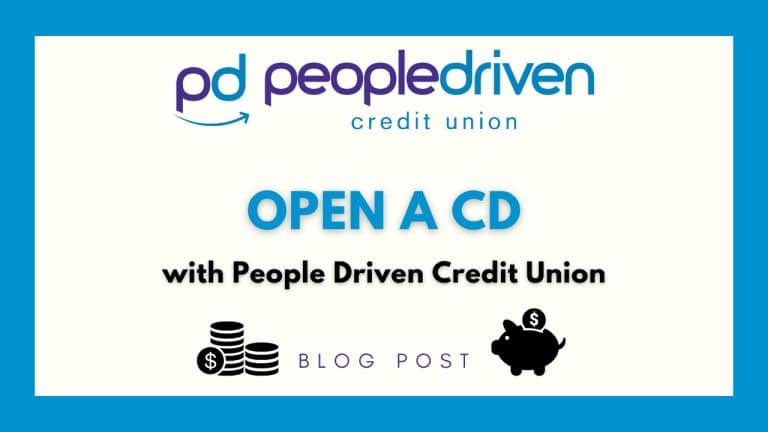
A Graduate’s Guide to Smart Money Moves
Graduating from college is a huge accomplishment congratulations! Now comes the next big challenge: managing your money in the real world. Whether you’re starting your first full-time job, pursuing graduate studies, or figuring out your next steps, having a solid budget is crucial to achieving financial stability.
Here’s how to build a post-college budget that sets you up for long-term success, including smart moves like tackling student loans, building credit, and opening your first savings account.
Step 1: Understand Your Income
Your income might look great on paper, but be sure to calculate your take-home pay that’s your salary after taxes, insurance, and retirement contributions (if applicable). Knowing your true monthly income is the first step to building a realistic budget.
Step 2: Track and Categorize Your Expenses
List out everything you spend money on monthly:
- Fixed expenses (rent, car payment, student loans)
- Variable expenses (groceries, gas, utilities)
- Discretionary spending (dining out, entertainment, subscriptions)
Use budgeting apps, spreadsheets, or even pen and paper—whatever helps you stay consistent.
Step 3: Tackle Student Loans Strategically
Start by identifying:
- Your loan servicer(s)
- Monthly minimum payments
- Interest rates
Make room in your budget for monthly payments, but if you can, try paying a bit extra to reduce interest over time. If you’re not yet employed, research deferment or income-driven repayment options.
Step 4: Build Credit Responsibly
Now’s a great time to establish or strengthen your credit history. Consider:
- Opening a low-limit credit card and using it for small purchases, you can pay off the balance monthly
- Setting up autopay to avoid missed payments
- Keeping credit utilization below 30%
Consider a Credit Builder Loan
If you’re not ready for a credit card or want to improve your score, People Driven Credit Union’s Credit Builder Loan can help. It’s designed to help you build or repair credit while you save. You make fixed monthly payments, and at the end of the term, you get the money back, plus a better credit score if you’ve made on-time payments.
Step 5: Pay Yourself First with a Savings Account
One of the smartest financial habits you can build after college is saving early even if it’s just a small amount.
Open a Dedicated Savings Account
Start with a general savings account or a Member’s Choice Savings Account from People Driven Credit Union. You can nickname your accounts based on your goals like “Emergency Fund” or “New Car” to help you stay focused.
Looking for Higher Earning Potential?
If you’re able to keep a higher balance in savings, consider a Money Market Account. It offers the flexibility of a traditional savings account with higher dividends, allowing your money to work harder while remaining accessible.
Set It and Forget It
Automate your savings by scheduling recurring transfers from your checking account to your savings account. Even $10–$25 a week adds up fast and helps you build a strong financial safety net.
Step 6: Budget for Fun, Too
Being responsible doesn’t mean cutting out all the things you love. Build in a “fun fund” so you can enjoy a night out or a weekend trip without guilt. Balancing discipline and enjoyment is the key to maintaining a healthy relationship with money.
Step 7: Review and Adjust Monthly
Life after college changes fast your budget should keep up. Revisit your budget monthly and make tweaks as needed. Got a raise? Increase your savings. Did you take on a new expense? Rebalance accordingly.
Smart Money Starts Here
Budgeting may seem overwhelming at first, but you’ve already made it through exams, group projects, and late-night study sessions you’ve got this. Building smart habits now sets the foundation for a financially confident future.
Need help getting started? Visit a People Driven Credit Union branch or open an account online. Whether it’s building credit or growing your savings, we’re here to help you take the next step with confidence.





